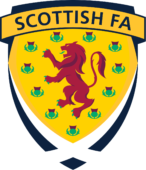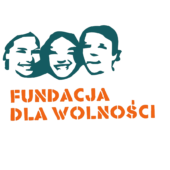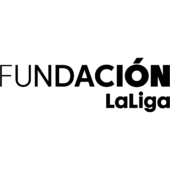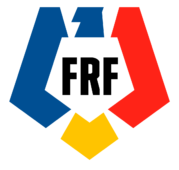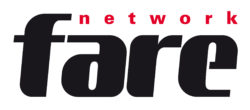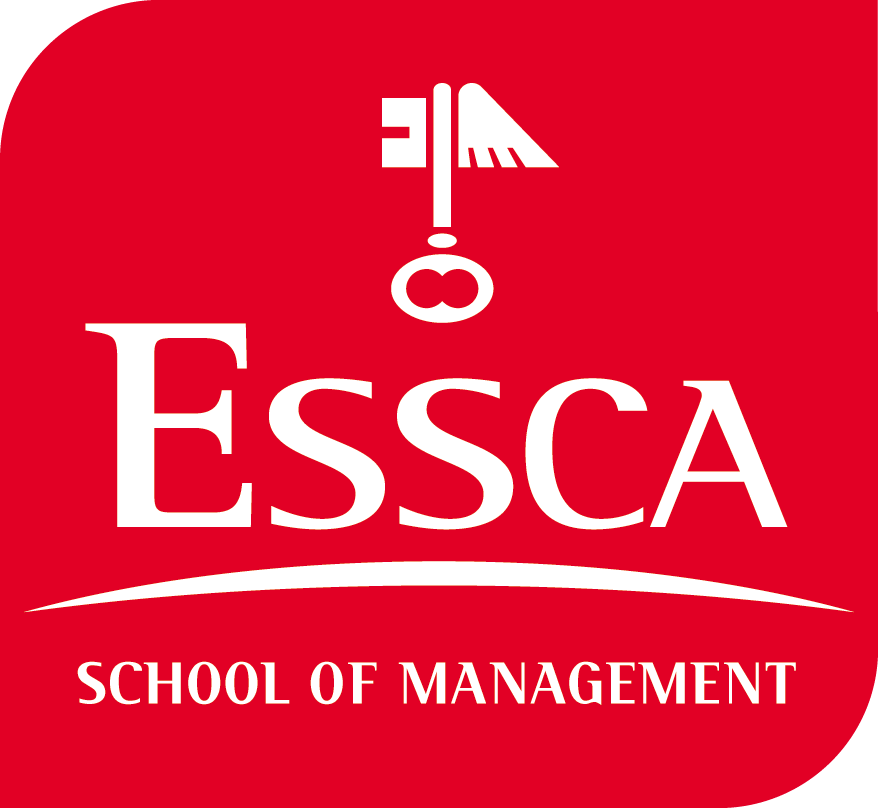
ESSCA School of Management
(ESSCA)
The Ecole Supérieure des Sciences Commerciales d’Angers, today generally referred to as ESSCA School of Management, is a private, not-for-profit French business school, founded in 1909 and now operating on a total of eight campuses in France and abroad.
Since 2006, the school’s EU-Asia Institute, a centre of research in the social sciences and humanities, has developed peer-recognised expertise in interdisciplinary European Studies, including the role of sports in the European integration process and international relations in general. It has hosted several events in the field, as well as coordinated international research projects. The school also hosts an Institute of Advanced Pedagogy, whose members have extensive experience in the design and delivery of online learning courses and contents. This expertise in educational design will strongly contribute to the updating of the project’s online learning deliverable.
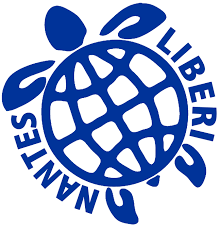
Liberi Nantes
Liberi Nantes is an independent grassroots sports association founded in 2007. Its purpose is to foster, encourage and allow sports and leisure activities for third-country nationals (especially refugees and asylum seekers, referred below as “TNCs”).
Liberi Nantes run special programmes dedicated to women and to unaccompanied minors and is an active member of several networks of sports and civil society organizations both at local and at international levels.

Association des Clubs Francophones de Football
(ACFF)
A.C.F.F. (Association des Clubs Francophones de Football) is the association that manages the French speaking wing of the R.B.F.A. (Royal Belgian Football Federation). The organisation is therefore responsible for promoting and organizing football throughout the French-speaking areas of Belgium.
ACFF evolves around several main missions as the promotion of football, the maintain of an “up-to-date” image and popularity among young people, or by helping clubs in their sporting activities, to supervise young affiliates, train them under the ACFF vision of football and optimize the training of young people through technical and sports support. For the 2018-2019 season, 674 football clubs and 202,021 members are affiliated to the organization. These clubs play from the first national amateur division to the lowest district level.
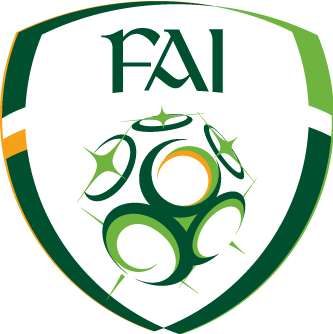
Football Association of Ireland
(FAI)
The Football Association of Ireland (FAI) is the governing body of Association Football in Ireland. It was formed in 1921 and tasked with the development and administration of the game. The present day sees the FAI developing football across the country, through partnership and collaboration including with local authorities and national government. 54 development officers work in designated areas across the counties increasing skills and capabilities of clubs, leagues and affiliates.
Part of this work also includes a focus on social inclusion of various underserved or underrepresented groupings. FAI is continuously working toward its mission to promote, foster and develop the game of Association Football in Ireland.

Sport and Citizenship Think tank
Sport and Citizenship is the leading European think tank in the field of sport. Created in 2007 it aims to support the development of the European dimension of sport. Sport and Citizenship is dedicated to the study of European public policies in the field of sport, and the promotion of sport’s societal impact. Ultimately, Sport and Citizenship promotes sport and physical activity as elements of a European identity.
Therefore Sport and Citizenship has been committed since its very beginning to the launch of a European civic dialogue in the field of sport thanks to multidisciplinary and transverse reflections aiming at putting European sport stakeholders in relation with each other: governments, sport movement, as well as civil society, academics and the private sector. Reflections produced are then brought to the attention of policy makers with the objective that is recognized at European level a certain specificity of sport based on its social, educational and civic dimensions.
Sport and Citizenship manages to maintain discussions on various topics and bring in new ideas. Sport and Citizenship takes part in EU-funded project with various partner across Europe. Also, the initiatives created by the private sector are important in the field of sport. Sport and Citizenship activities also include the publication of a quarterly scientific journal which comes back every three month on a topic related to sport.
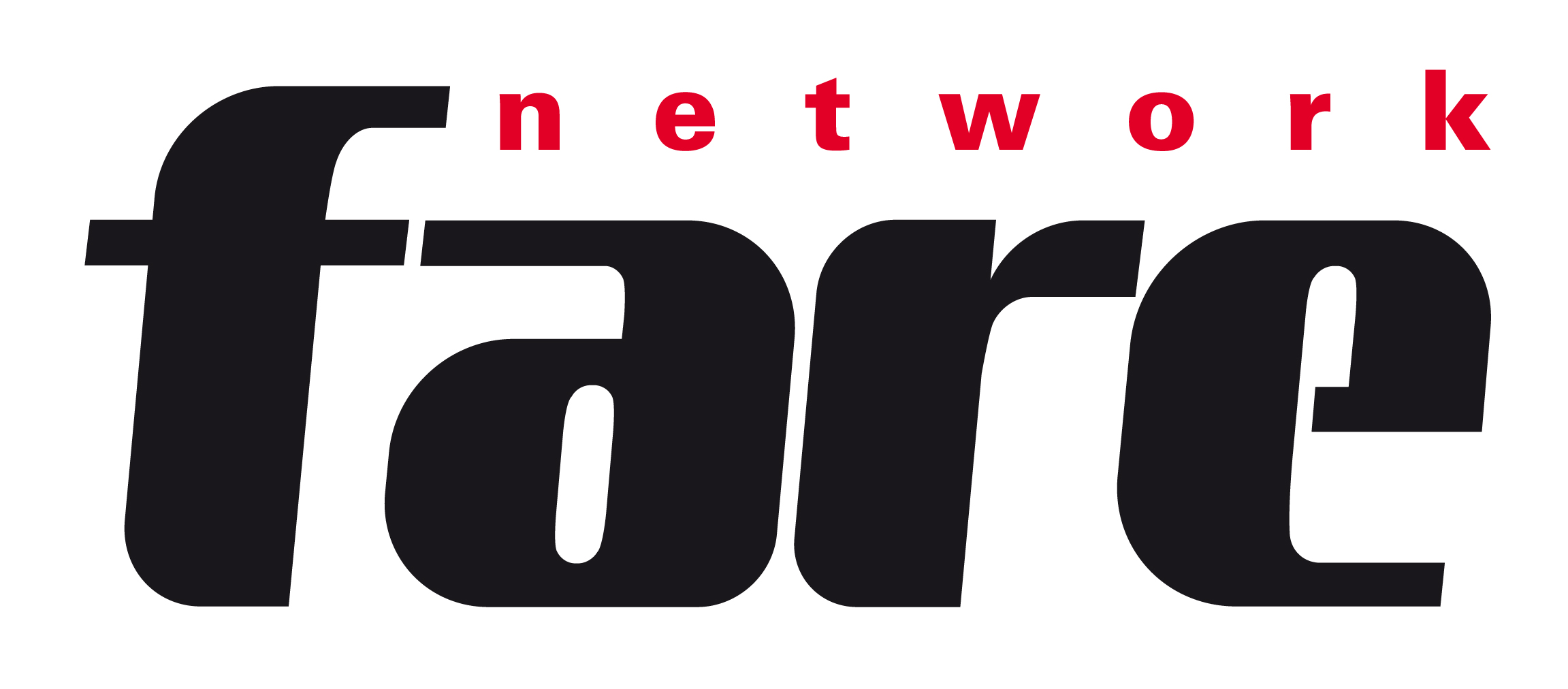
Fare Network
Founded in 1999 in Vienna, the FARE network (FARE) is a European NGO representing organisations that tackle discrimination in football and use football as a vehicle to foster social inclusion and promote diversity. United by the commitment to bring about positive social change, the strength of Fare Network springs from its diverse membership which comprises over 125 NGOs, youth organisations, human rights organizations, ethnic minority groups, supporters groups, amateur and professional football clubs, national football associations, etc. in 38 countries.
Fare network acts as platform for its members to connect and address cross-border issues in the field of anti-discrimination, social inclusion, integration, diversity, LGBT+ inclusion, and gender equality across all levels of football.
Annually, two weeks in October, Fare organizes and coordinates the “Football People” weeks to celebrate diversity and raise-awareness around discrimination and exclusion. In 2019 over 2,000 activities reaching around 150,000 people in more than 60 countries were organized, from community grassroots level up to the elite level of the game under the umbrella of the “Football People” weeks campaign.
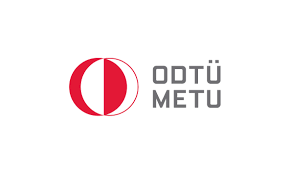
Orta Doğu Teknik Üniversitesi
(METU)
Orta Doğu Teknik Üniversitesi (ODTÜ), founded in 1956, is an international research university, which seeks excellence in serving the country, region and the world. This well-deserved reputation is partly a reflection of its leading position in terms of international scientific publications and share of research funds from national scientific research funding agencies, primarily The Scientific and Technological Research Council of Turkey (TÜBİTAK), among the most prominent universities of Turkey.
ODTÜ has also an international research-intensive university – is among the leading universities in Turkey in terms of depth and breadth of international research projects and the amount of funds generated from research activities.
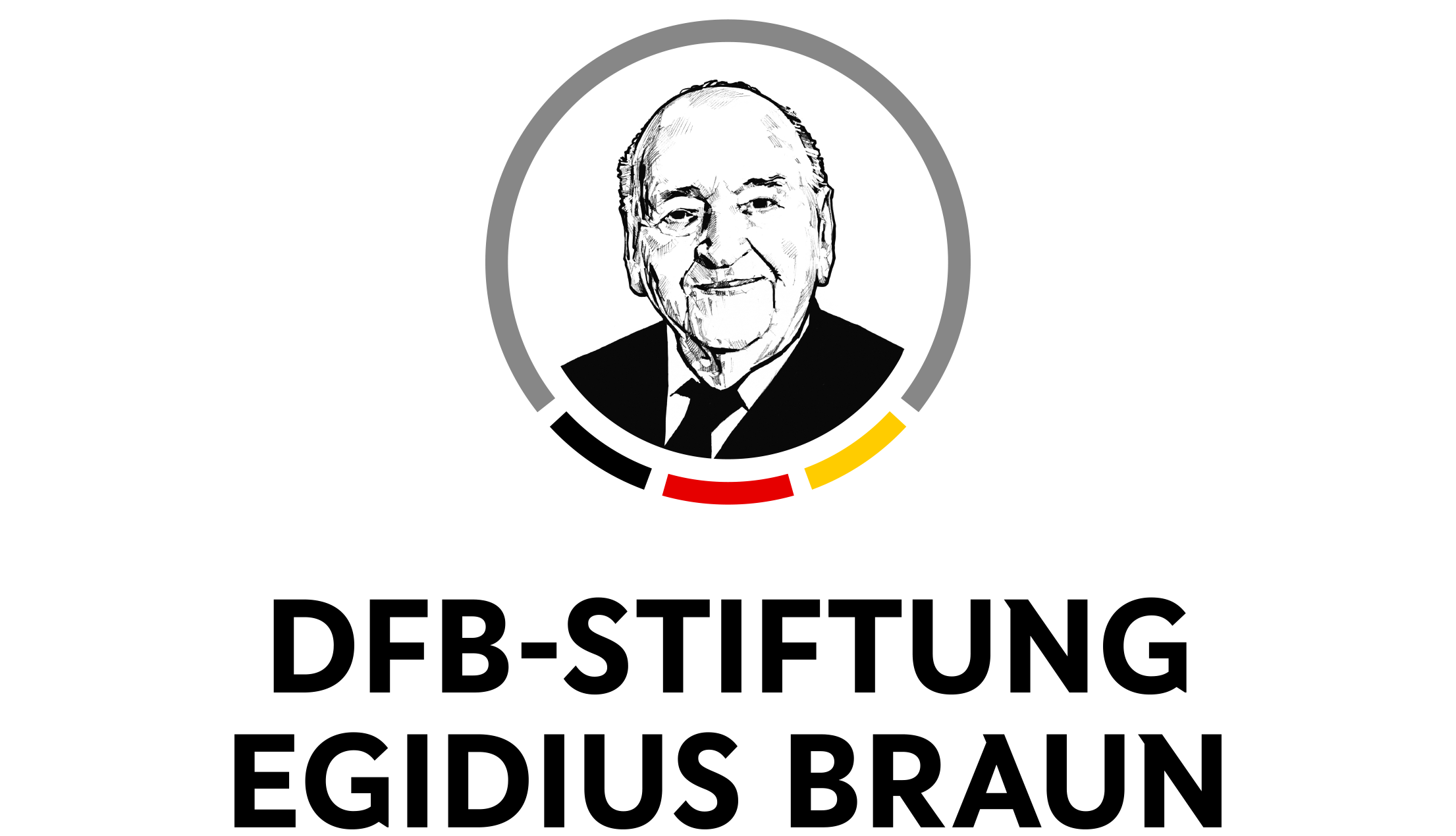
Egidius Braun Stiftung
(EBS)
EBS is a foundation of the German Football Association and believes that football is supported by two pillars: professional football and amateur football. In the last decades developed next to those two aspects “football – social integration and social policy” as a third pillar.
DFB-Sportförderverein e.V. added activations of DFB in this area sustainably. Charitable support apart from football and development of social competences mostly within football topics characterized the tasks of this society. Several projects are conducted, especially to support kids. “Fußball-Ferien-Freizeiten” (Football Holiday Camps) are the central proprietary project of the Foundation. Youth Work of smaller clubs that is marked out by outstanding integration and quality is awarded by participation in the holiday camps.
Until now there are already more than 300 supported projects: e.g. educational leisure programmes for disadvantaged children, youth exchange programmes, wheelchair football tournaments.

International Platform for Sport and Development
(sportanddev)
Founded in 1991, the Swiss Academy for Development (SAD) is a non-governmental organisation based in Biel/Bienne, Switzerland. The organisation’s vision is of a world where children and youth are engaged, healthy, educated and employed citizens. For over two decades, SAD has been using sport and play to promote non-formal and formal education (e.g. Nepal, India), entrepreneurial spirit (e.g. Egypt, Myanmar), psychosocial rehabilitation in post-disaster contexts (e.g. Iran, Lebanon, South Sudan), peaceful co-existence and intercultural dialogue (e.g. Sri Lanka) and social integration (e.g. Switzerland, Hungary).
Through its project the International Platform on Sport and Development (www.sportanddev.org), SAD connects the global sport and development community and provides them with the latest resources, policy guides and best practices. The platform (sportanddev) was founded in 2003 and is the leading information source in the field of sport and development. Its global community includes practitioners, NGOs, universities, governments, sports federations and others using sport to address social, economic and environmental challenges. It is the leading hub for the sport and development community to share knowledge, build good practice, coordinate with others and create partnerships.





